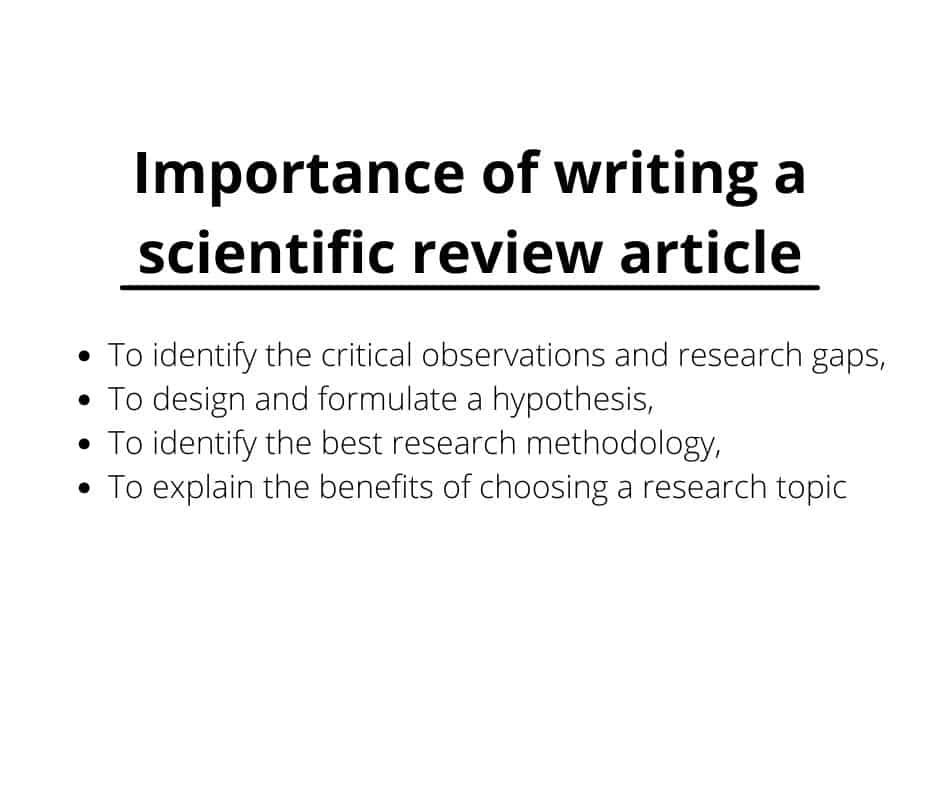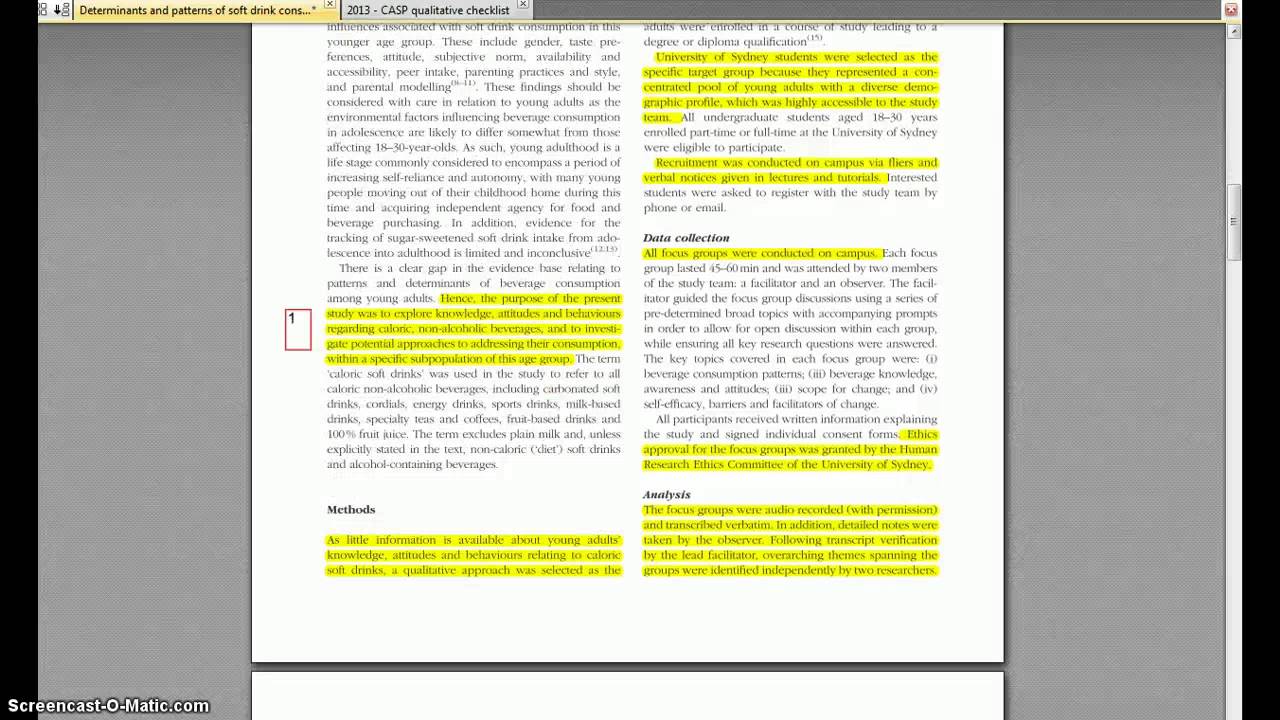In your paper, you need to identify a specific topic and organize your thoughts in a logical manner. You will need to provide confidential comments and cite references in appropriate places in your article. You can use the literature review as a reference in your own work. For further information, you can consult the following guides. The following tips will help you write a review paper:
Choosing a topic
When it comes to choosing a topic for your literature review, there are several factors to consider. You should be aware of time constraints and the type of paper you are writing. The time constraint may include the length of the paper or presentation, or group work. Depending on your chosen subject, some topics may be more appropriate for a short paper or presentation. In other words, you need to consider your specific requirements and the requirements of your professor when choosing a topic.
Once you have a good idea for a review, you will then need to determine the target audience. Typically, the topic will define the audience for the paper, but you may also include a section that is relevant to other fields. For instance, a review paper may be relevant to a study in a different field. A review paper is often written in two sections, one for the research and another for the discussion.
Organizing your thoughts
Organizing your thoughts when writing a research paper is more difficult than it may seem. Unlike physical items, thoughts are harder to organize and need different tools. Organizing your thoughts should be fun, as it allows you to view the ideas in new ways. Here are some ways to organize your thoughts:
To organize your thoughts, make a list of the main points you would like to make. Next, create sub-points that relate to each other. You can also write them on a piece of paper. Use capital letters for your points. You can also use an old calendar to organize your thoughts. Once you have a list, you can re-arrange the cards according to the flow of your thoughts.
Providing confidential comments
When writing a review paper, it is appropriate to provide confidential comments to the editors. These comments can relate to the reviewer’s enthusiasm for the manuscript, aspects of the manuscript that the reviewer does not have expertise in, or concerns that the reviewer would rather not share with the authors. However, it is not appropriate to repeat these comments extensively in the review paper. This can lead to confusion and even question the legitimacy of the peer-review process.
The reviewer should be mindful not to contradict the review or mention criticisms in bland reviews. This puts the editor in an unfavorable position if the comments do not support the final decision. This is because reviewers are the last line of defense for the authors and are the ones who are most qualified to judge their work. Moreover, removing the reviewer’s comments can result in a lack of interaction between the author and the editors, which can be damaging to the review process.
Citing references at appropriate places in the article
There are many reasons to cite references in a review paper. Citing sources correctly is one of them. Citations are essential for any work that does not originate from you. Any source that contributes knowledge, understanding, or arguments must be properly cited. This article will discuss some of those reasons. In addition to preventing plagiarism, citing sources correctly is also important for establishing the context of your work.
It is important to properly cite ideas from outside sources, including books, articles, web sites, and music. Citations should be sparingly used if the material is common knowledge. In other cases, paraphrasing or summarizing is the most appropriate method. Direct quotations should be limited to a few key points. Also, ellipses and brackets should indicate when words have been changed for clarity, grammatical correctness, or omission.
Keeping a review focused
When writing a review paper, keep in mind that you must remain focused on your topic. Including material that is merely interesting to the reader will not produce a focused review. The same applies to interdisciplinary reviews, where the goal is to bridge disciplinary gaps. For example, an epidemiological review of the spread of ideas might include material from the fields of psychology and sociology.
When writing a review paper, keep in mind that your goal is to provide insight and argument. A review that covers too many areas may lose its purpose and cause a reader to lose interest. Also, consider the appropriate number of sources to use. Rather than including excessive citations, you should include only those relevant to your topic. Make sure your review paper is as concise as possible and avoid long strings of references.




